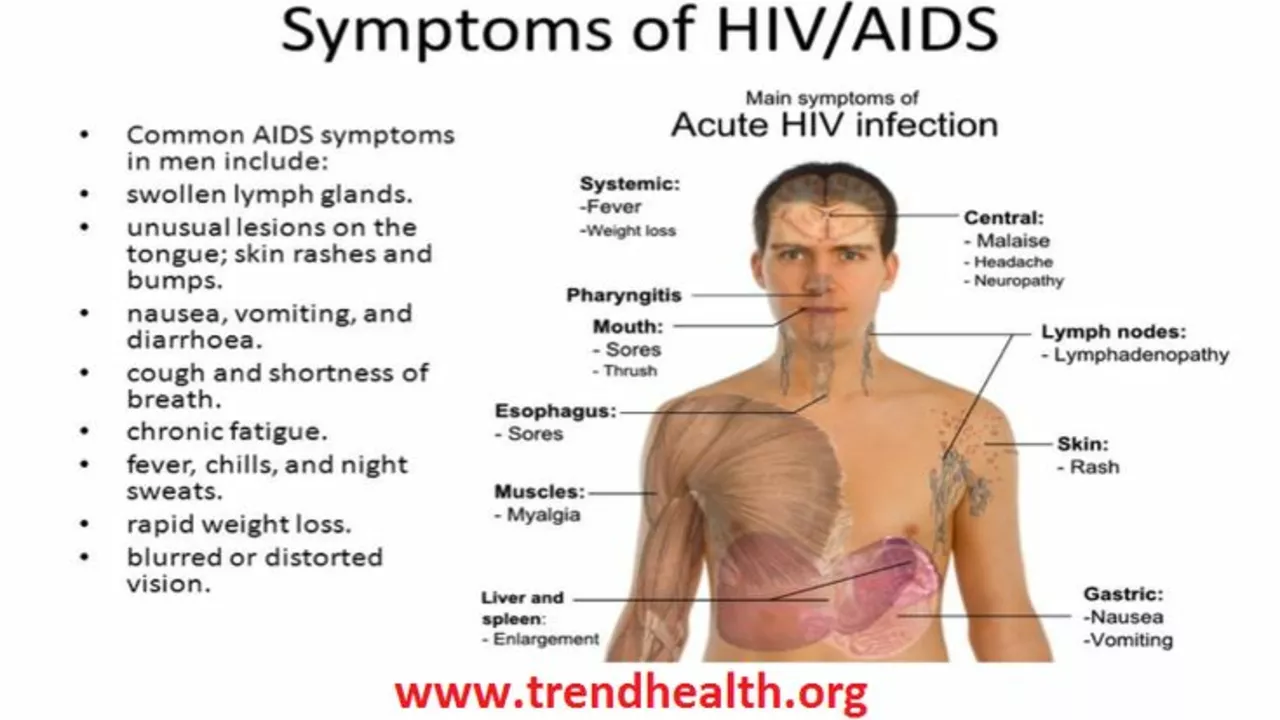HIV/AIDS: Practical Steps for Testing, Prevention and Treatment
HIV is no longer an automatic life sentence. With modern antiretroviral therapy (ART), people with HIV can live long, healthy lives and reach an undetectable viral load — which also prevents transmission. If you want simple, usable advice on testing, prevention, or getting meds safely, read on.
First: know your status. A rapid HIV test or a laboratory blood test will tell you if you have HIV. If you’re sexually active with new or multiple partners, or you’ve had a shared-needle exposure, test every 3–6 months. If a test is positive, start care right away; early treatment preserves the immune system.
Quick steps after a positive or possible exposure
If you test positive: call a local clinic or HIV specialist and ask about starting ART within days. Viral load and CD4 counts will be measured; treatment aims to make your viral load undetectable. If you had a recent exposure (within 72 hours), ask for PEP — a short emergency course of drugs that can prevent infection if started fast.
If you’re at ongoing risk, consider PrEP (pre-exposure prophylaxis). PrEP is a daily pill that cuts the chance of getting HIV from sex or needles by over 90% when taken correctly. Your provider will test you before starting and check you every 3 months while you’re on it.
Getting HIV meds and care safely — practical tips
Many people look online for convenience or lower cost. That’s fine if you pick reputable sources. Check that any online pharmacy requires a prescription, lists a licensed pharmacist contact, uses secure checkout (HTTPS), and has clear shipping and refund policies. Avoid sites that sell controlled drugs without a prescription or that push miracle cures.
Watch for drug interactions. Tell your prescriber about all medicines and supplements you take — some common drugs change how ART works. Keep regular lab follow-ups: viral load and kidney/liver tests matter. If you miss doses, don’t panic — get back on schedule and talk to your provider about adherence tools like pillboxes, phone reminders, or long-acting injections where available.
Confidentiality matters. If you’re worried about privacy, ask clinics about anonymous testing, discreet shipping, and how they store records. Many telehealth services now offer private consults and can help arrange prescriptions or local lab work.
Useful next steps: find a local HIV clinic or community health center, ask about patient assistance programs if cost is an issue, and join a support group for practical tips from people living with HIV. Knowledge and steady care are what make HIV manageable.
Recommended reads from RX2Go: guides on safe online pharmacies and telehealth options, tips for finding discount medication sites, and articles about antiviral access. These can help you find medicine safely and affordably — but always pair online searches with a licensed provider’s advice.
